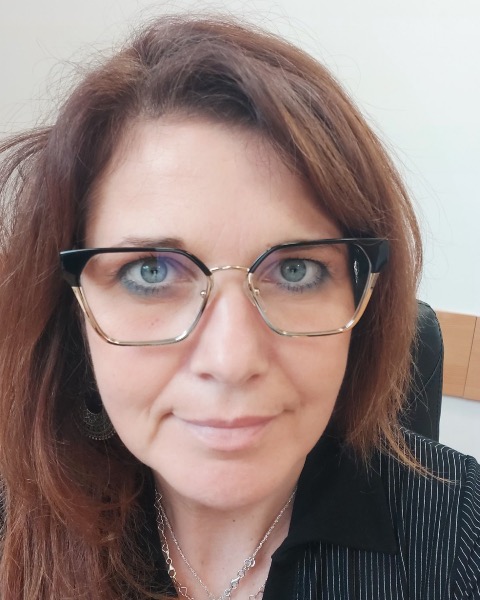
Tsvetomira Ivanova
Asst prof
Medical University of Plovdiv, Bulgaria
Versatile, dedicated, curious and motivated researcher with more than 23 years of experience in microbiology, immunology biotechnology, genetics, molecular and cell biology in yeast, bacteria and human cells.
I have been graduated in three Master’s degrees: 1. Gene and Cell engineering; 2. Industrial Biotechnology; 3. Biomedicine.
My first Master Thesis Project was Erasmus granted and was held in Netherlands, related with the characterization of growth and typing of Enterobacter sakazakii in infant formula, as this pathogen bacteria causes meningitis in newborns. My second Master work was FI AGAUR granted, and was directed to decipher the mechanism bringing the spliceosome onto specific genes during meiosis.
As a Biotechnologist, I have been working on monoclonal antibody production for blood typing, and also on clinical research of allergen determination and evaluation in healthy and allergic patients.
I was awarded my PhD (FI AGAUR granted) in Biomedicine in the area of cell cycle, and have been interested in studying the regulation of the G1-to-S phase transition in the fission yeast, S. pombe. This work have been published in 4 papers.
My work as Postdoctoral fellow, started with studying and characterizing Topoisomerase II function during mitosis and its role in chromosome segregation in budding yeast. Later my research interest got focused on understanding the formation and resolution of anaphase chromatin bridges during chromosome segregation in budding yeast, as a potential source of genomic instability.
As an assistant professor of Medical Biology, apart of conducting practical classes to first year students (medicine, dental medicine and pharmacy), on Molecular biology, Parasitology and Immunology. As a researcher my interests are directed to investigate and to reveal the link between carcinogenesis, inflammation and autophagy, as consequences of hypoxia and to understand their relationship and role in tumor cell therapy resistance in 2D and 3D models in colorectal cancer. The implementation of electrochemotherapy could be used as a more realistic platform for studying the effect of standart therapeutics and natural products, and subsequent application in personalized medicine.
Poster(s):
-
Sunday, June 1, 202511:45 AM - 12:45 PM ETMonday, June 2, 202512:45 PM - 1:45 PM ET
